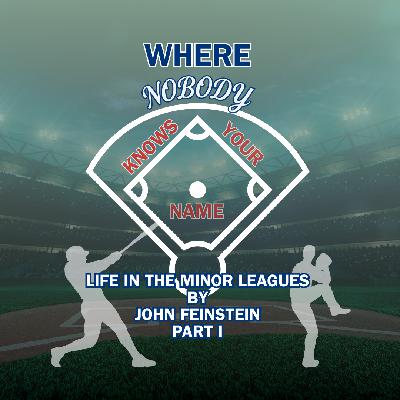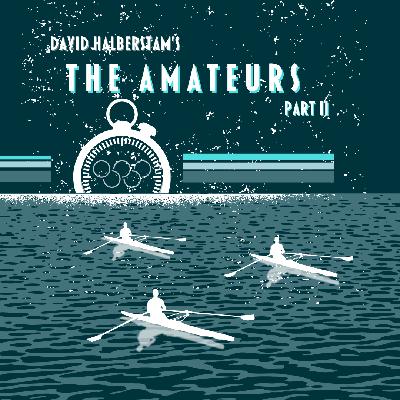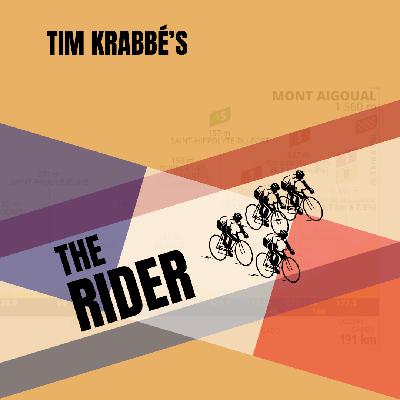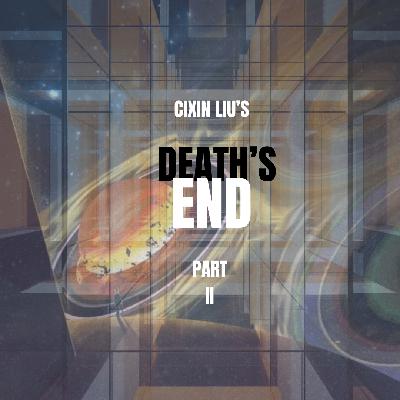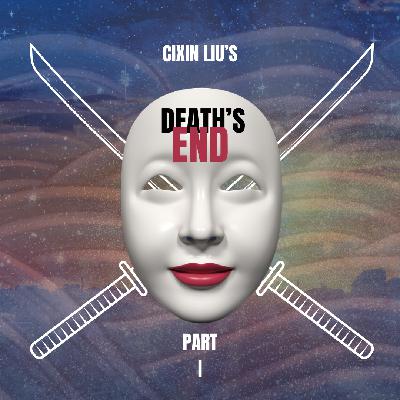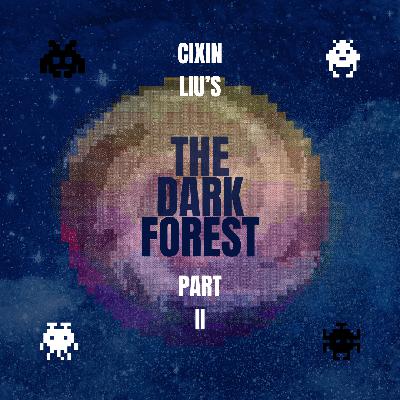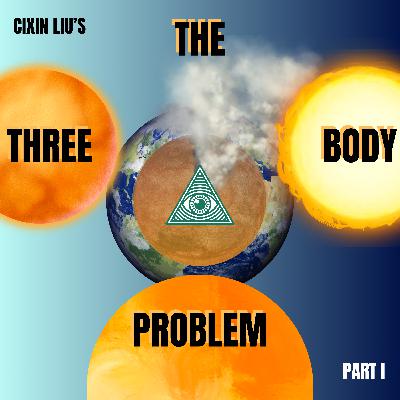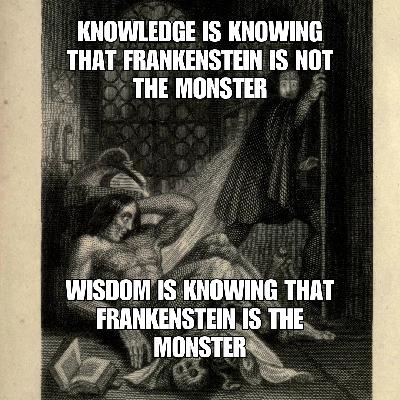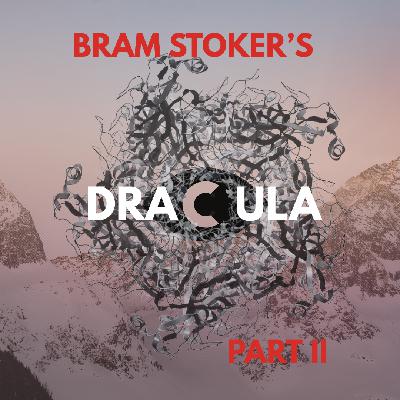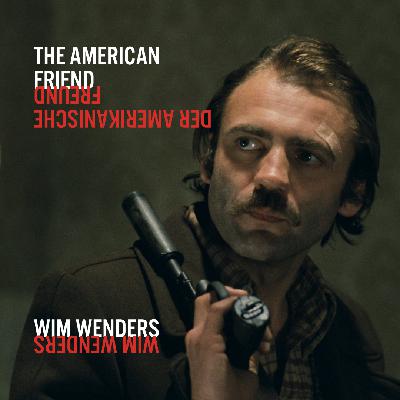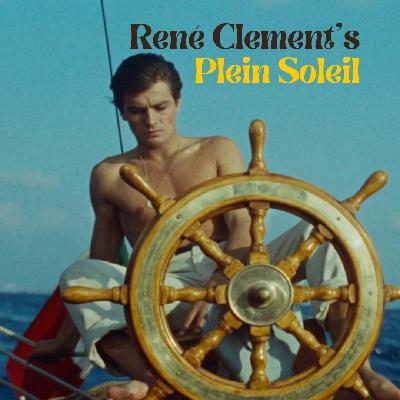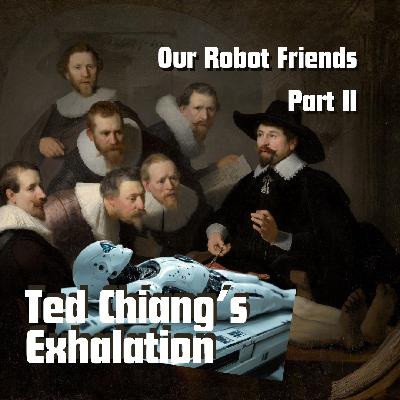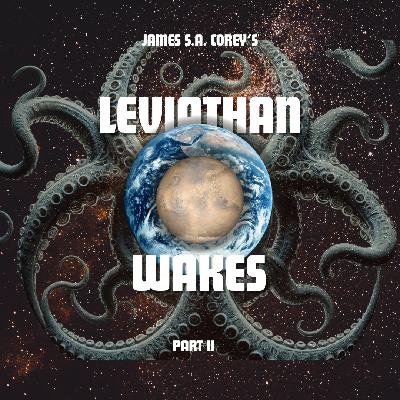Discover Upper Middlebrow
Upper Middlebrow

108 Episodes
Reverse
John Feinstein’s baseball writing is as sharp as ever, the anecdotes of Where Nobody Knows Your Name: Life in the Minor Leagues of Baseball portraying a desperate but determined subculture of professional baseball. The many characters of Feinstein’s book hunger to make it to the bigs, whether they are past their prime, approaching that point, or beginning to suspect that their prime won’t be good enough for that callup. It’s a heartbreaking and affecting yarn, but does some of the impact fade into a forest of similar stories?
In the second half of Halberstam's nonfiction account of the 1984 sculling Olympic trials, we go to the Olympics, to see how Biglow, Lewis, Wood, et al fare at the world's most famous sports event. 5 major characters each have big stakes, and while the actual events cluster together, Halberstam keeps the reader focused on the drama. The results are predictably mixed, and one wonders if the work these Olympians go through is worth it.
Structurally, the second half of the book remains tight, perhaps even tighter than the first half, and all of the loose ends, questions, and promises of the first half are fulfilled in the second half. It's not entirely atisfying, but neither, as we learn, is amateur athletics in a low-glamor sport.
We continue Bagg’s “Revenge of the Jock-Nerds” series (the last series of Season Three!), with David Halberstam’s The Amateurs, which tells the story of four men competing for the single solo sculling spot on the 1984 Olympic team. Halberstam, who usually worked on more popular sports and in bigger political arenas, offers a nuanced glimpse into the small, hermetic, oral world of American rowing, where athletes compete in a sport where “the rewards cannot justify the efforts.”
Tim Krabbe's novel is barely a novel. It is a thinly veiled autobiogrpahical essay, with fictional details and composite characters, allowing the author to navigate his story just to one side of the fiction/nonfiction divide. The lads ponder why it does not fall into the "bike porn" genre, and why the images of teeth and glass continually emerge.
The lads wrap up Cixin Liu’s sprawling and massive Three Body Trilogy, building something that somehow seems to transcend traditional literary structures and devices. We look back at how far this particular plot has wandered from whence it came, and both Jesse and Chris are impressed at Liu’s ability to continue adding obstacles and stakes without letting the book fall apart. Still, there is a lot of plot to find a way through—does the grandness of the project match the execution?
The final installment in Cixin Liu’s trilogy is long. And strong. We begin in the “deterrence” era, in which humans and Trisolarans enjoy a truce enforced by mutually ensured destruction. But all things must pass, and when the truce breaks, humanity gazes at the possibility of its own destruction. Death’s End is part interstellar chase, part Cold War allegory and introduces a new anti-villian, Sophon, who is perhaps Liu’s greatest creation.
Bagg finds the characters are less realistic humans, and more ideas, but grudgingly acknowledges the ideas themselves are interesting and worth the ride.
We have a Patreon! https://www.patreon.com/c/upper_middle_brow
And a Discord server!
https://discord.gg/h734EZ3hBU
The boys carve through the second half of Cixin Liu’s sprawling, imaginative, and haunting The Dark Forest. Bagg has questions about how much we can trust our author and the characters he uses to make his plot work, while Dukes identifies the fact that the most important “character” in this novel is humanity itself. Regardless of your opinion of this quixotic book, you cannot dispute the ambition of its author—and his ability to transform his imagination into an ever-expanding epic.
The lads host their first UMB Official Sports Update as Jesse manages to survive a weekend of ultimate frisbee before getting into the second half of Cixin Liu’s sprawling and ambitious The Three Body Problem. The UMBers revisit some of our old friends, like Neal Stephenson’s habit of setting up narrative chessboards for a long time and eventually letting the game unfold, examining if Liu’s narrative setups have plausible payoffs. They also identify some of the “hapless protagonist” effect they’ve seen before in The Diamond Age and The Arrest, and talk about Liu’s claim that his work does not allegorize IRL history and action. Despite some misgivings, Jesse is excited for his third time through the subsequent two books, and Bagg is also looking forward to discovering how the earth responds to the Trisolaran “problem.”
The Three Body Problem begins with an inexplicable series of tragic mysteries, most notably, that physics as we know it has stopped working. Slowly, the reader is given enough clues to start to suspect various causes, although halfway through, we still don’t really know what’s going on. Dukes has read it before, and Bagg has not, so they lads compare notes as to their experience of the creeping awareness of the disturbing truth dawning on the characters.
The boys wrap up their discussion of Mary Shelley’s Frankenstein, and come away somewhat ambivalent: this is clearly a work of importance, imagination, and invention, but it feels…unfocused. We posit that the undeserved press and social pressure clouds what is otherwise an incredible meditation on creation: what are a creator’s responsibilities to their creation, and what effect does the fulfillment (or neglect) of those responsibilities have upon the created?
Mary Shelley was 18 when she started writing Frankenstein, which many consider the first science fiction novel. Over the next twenty years, she revised the book several times, and the version she left behind remains a remarkable work of imagination. Shelley is amazingly inventive and talented, but the lads find th novel to be hard going, and a slow starter. They wonder at the use of framed narratives, and how long the book takes to give Frankenstein’s creation a voice.
The lads go bananas over Arthur Conan Doyle's first Sherlock Holmes mystery, "A Study in Scarlet," published in 1887. We meet the mercurial Sherlock Holmes and his by turns skeptical then credulous biographer, Dr. John H. Watson, late of Afghanistan. The short novella or long short story wastes no time in driving towards the solving of its central mystery, but then makes a strange swerve into the American West and a bout of extended exposition. Chris and Jesse spend a rollicking hour discussing the book and excavating its odd structure. The final verdict? Two pills up.
Bram Stoker arrays his crew of brave companions against what they've finally realized is an ancient un-dead evil. And the author seems to be elling us something about the nature of the human capacity for scientific inquiry, and love.
The lads detect a bit of the old "chessboard problem", the name we've given to an author's struggle to create a compelling third act while artfully tieing up all the character arcs and loose ends established in the first acts. But Bram Stoker's inventiveness and lyrical prose keeps the novel highly readable until the thrilling ending, which manages to be poetic, moving, and suspenseful.
Neither of the lads had read Stoker’s classic gothic novel, published in 1897, and they suspect that many readers are in the same boat. Over 100 years of vampiric pop culture have made Stoker’s masterful compiling of folklore fade into the background, but the book that launched a thousand bites is bracing, inventive, funny, haunting, and innovative. Chris and Jesse talk about atmosphere, forced intimacy, the anxieties of Victorian society, and the grand missed opportunity of Dracula’s cancelled cooking show.
The lads get all aughty with Roger Spotiswoode’s charming and unthreatening Ripley, Underground, where Tom Ripley is a glib opportunist instead of the darker, unpredictable Ripleys. The result is an entertaining romp that feels a little like going to a Bare Naked Ladies show: you probably won’t go again but it was fun while it lasted. It’s a welcome addition to the Ripley Cinematic Universe, bringing back an air of fantasy to Highsmith’s invention.
UCLA professor Peter Lunenfeld joins us to talk about Robert Altman's neo-noir based on Raymond Chandler's novel. Some reviewers call the film "satirical" but we argue, it's more a riff than a satire. It treats the source material lovingly, even as it updates it to match the 70's zeitgeist. Our guest Peter argues that the elusive Courry Brand cat food is a metaphor for the film, something that is labelled one way, but containing the unexpected.
The American Friend is loosely based on Patricia Highsmith’s third Tom Ripley novel Ripley’s Game. But Wim Wenders plays fast and loose with the source material, borrowing elements of another novel Ripley Underground and referencing Easy Rider, Rebel Without a Cause, and other cinematic forebears. The visuals are beautiful, and even if the plot is a bit puzzling, the lads find the mood of the film compelling.
We have a Patreon! https://www.patreon.com/c/upper_middle_brow
And a Discord server!
https://discord.gg/h734EZ3hBU
Chris and Jesse charge into our next group of works, Ripley en Filmes, beginning with René Clement's visually stunning 1960 film Plein Soleil, an adaptation of Patricia Highsmith's The Talented Mr. Ripley. Clement casts Alain Dumont as Tom Ripley, Maurice Ronet as Philippe (a renamed Dickie Greenleaf), and Marie Laforêt as Marge. Clement makes some major divergences from Highsmith's plot in some places while hewing closely to it in others, leading to an interesting discussion about directors' responsibility to their source material. The lads are both thirsty for Alain Dumont, but does the plot rise to the level of the film's metaphorical weight?
Our favorite education researcher joins us to talk about Ted Chiang’s collection Exhalation, which includes the story “The Life Cycle of Software Objects” which Chris read from in our earlier Robot Friends show. We discuss several stories in the collection, and marvel at Chiang’s ability to surface the BIG questions by tugging at a small speculation about what our future might hold.
The Lads finish out James S.A. Corey's 2011 novel Leviathan Wakes, a huge success that powered The Expanse, the SyFy and then Amazon Prime space opera. Bagg and Dukes talk about whether or not you can marry noir and space opera effectively, how important the first sentence of a book can be, and whether or not the novel rises to the level of its ambition. Both of the boys prefer Detective Miller's chapters, but understand that, in novels such as these, your main character (James Holden, in this case) might need a little more curb appeal than the characters one deploys to explore...existential questions.
We have a Patreon! https://www.patreon.com/c/upper_middle_brow
And a Discord server!https://discord.gg/h734EZ3hBU
Join us!


